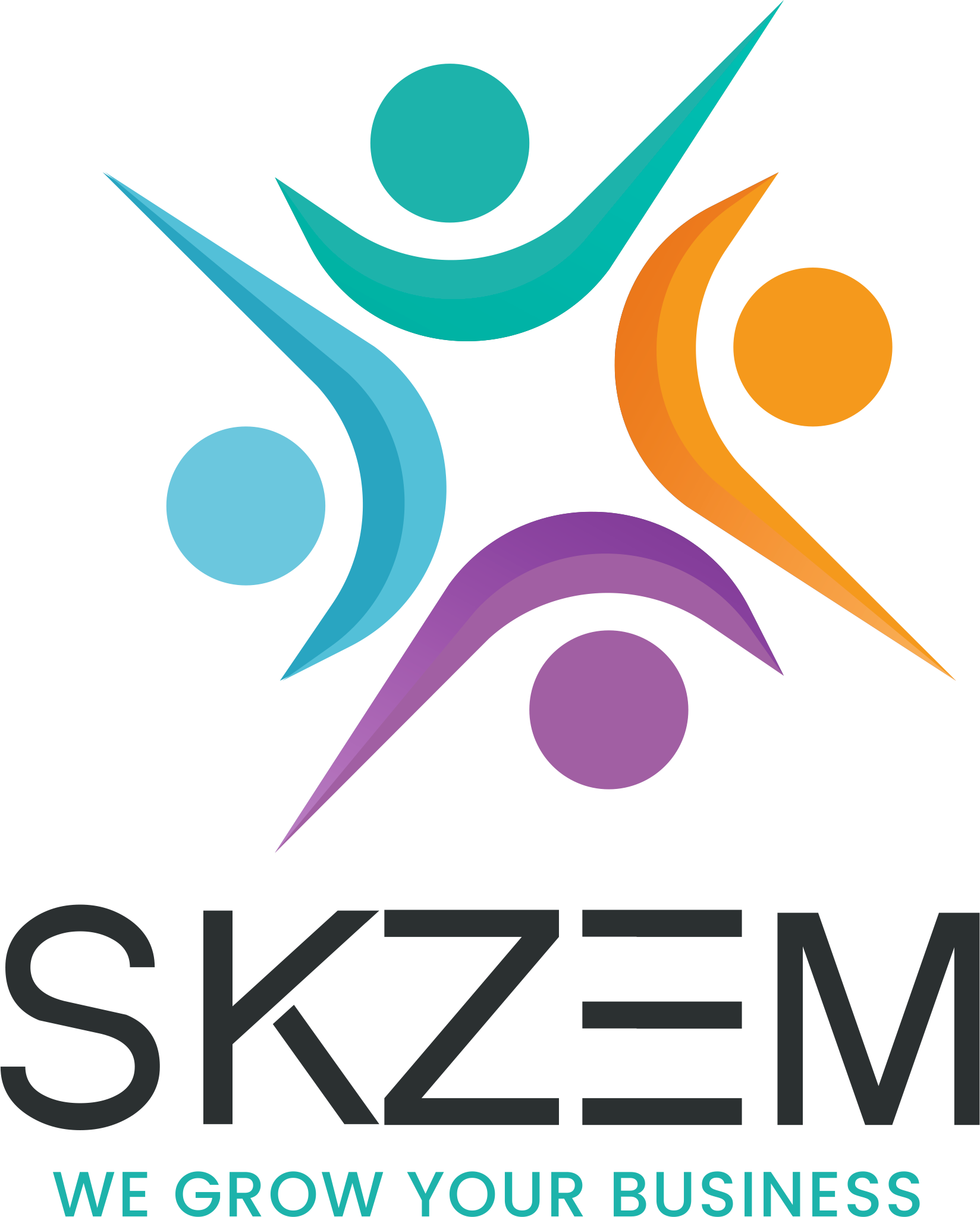Did you know that an average HR person inspects a CV for around 12 seconds before determining if the applicant fits the role or not? Just 12 seconds. After all the sleepless nights editing and perfecting that piece of document, you have spent. But there is a sure way to make your CV as good as possible to attract the recruiter’s eye. A professional CV is like your business card, spend a little more time on it, and your chances of getting a cherished position will increase significantly. So let us take you through the process.
First Things First: What is a CV?
A CV is a short description of the applicant’s professional skills and personal qualities. It includes your previous job experience, education, training, professional expertise, and other information, giving an employer a better idea about your qualifications. Here are some tips on structuring it, what you should mention, and how to make it presentable.
Must-have Sections to Include in Your CV
First, read the job offer carefully and understand what requirements you meet. These are your strengths. For example, can you offer a successful sales experience for the sales manager role? Then you can try your luck and apply for that vacancy. Besides considering your strong points, you must add mandatory data to your CV.
- Basic info. Add your contact information, including full name, mobile phone number, website links, and email. You want employers or recruiters to reach out with ease.
- Photo. It is better to avoid including a photo to avoid prejudice against your candidacy. However, if you add one, choose a professional photo to show you have serious intentions.
- Job experience. Always start from the last place of work to the first. Include all the relevant positions you had before and reduce the importance of ones that do not connect with the job you are applying to. It is essential to describe your duty and how you perfected it. Don’t forget about your achievements. Please keep it simple and use keywords.
- Education. Start with the highest degree and finish with the lower one. If you completed your degree with merits, it is worth mentioning it. It will give the potential employer a good impression since everyone wants to see the best people in his team.
- Make a section of “Language skills” separate. Ensure that your language knowledge is sufficient for daily interaction with future colleagues. The more languages you speak, the better. Do not be humble; indicate everything you know.
Certifications
Each candidate is unique, so it is their CV. Apart from mandatory information, you can include other helpful things, like:
- Grants, scholarships, certifications, courses, or seminars. Show that you are continually improving. Employers want to see a dynamic employee who is willing to develop professionally. Read the job description carefully and understand which additional information might be useful. For example, there is a vacancy for a sales representative, and one of the requirements is to have a car. This section can indicate that you have a driving licence and own a vehicle.
Which Professional Skills Should You Include?
Professional skills have to correspond to the position. Enter only the knowledge you possess. Your deception will become apparent sooner or later in the workplace or during the interview Remember that you can always earn experience and acquire the needed skills. During the meeting, you can assure the employer that you are ready to work hard and learn the missing skills. Professional skills employers look for in their future team members are:
- Negotiation skills. It is the ability to negotiate with potential clients or partners, establish the right contacts with customers, and build communication for long-term cooperation.
- Business representation skills. It is knowledge of business etiquette and the ability to portray your company professionally. Maintaining your organisation’s positive image wherever you go gives potential clients and partners an excellent impression.
- Technical skills. Mention the names of the programs that you had to work with before.
Additional Sections
If there are any additional skills not mentioned in the previous blocks but you think can complete the overall picture and describe your uniqueness, be sure to emphasise them. Look for skills that you have in addition to your primary curriculum. It can be:
- Adaptability. Today’s world is all about being fast and flexible. Yesterday’s information is usually outdated and irrelevant. Show your employer you are alert and always ready for plan B.
- Teamwork. This ability is essential if the job requires you to work in a big team, where you have to be subordinate or take a leadership role.
- Decision-making skills. It also includes problem-solving and analysis. For example, every day at work, you must identify a problem, collect information, and find a solution.
- Interests. For example, mention in your CV if you like to play football. A potential employer can offer you a job with many advantages, plus there is an amateur football club in the company. You will probably not waste your time looking for another enterprise to work for.
Find a complete compendium of competencies here. You might want to use similar definitions and any meaningful insights based on past work experience.
Once Your CV is Ready
Here is a complete list of steps to follow once it is ready and now you know how to write a CV for freshers:
- Ask one of your friends to read your CV before submitting it, or use the online spell check service.
- Avoid long phrases.
- Select the necessary headlines.
- In the description of the workplace, verbs should be in the present tense: I work, I design, I manage.
- Previous job descriptions should include past verbs.
- There has to be one story style throughout the CV, which applies to abbreviations. Therefore, if you used abbreviations once, use them throughout the text (although it is better to avoid acronyms and write names completely).
- The format should be easy to read (large margins, sufficient distance between the lines).
- Use good-quality white paper for the printed version.
- The CV should fit on one or two pages maximum.
- If necessary, you should be able to confirm all the information you have included in the CV. Sometimes HR can ask you to send a copy of the diploma or certification you mentioned in the CV.
- Don’t overcrowd it; keep your CV simple and easy to navigate.





